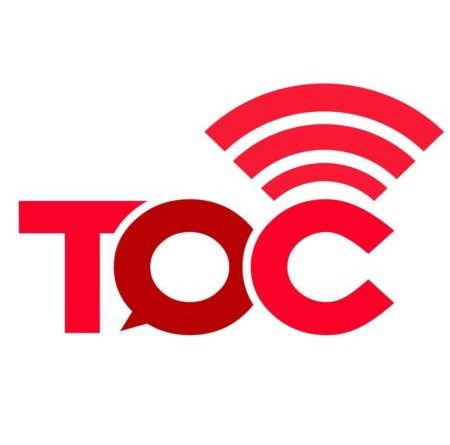The heavy-handed investigation by the Singapore police of The Online Citizen (TOC) editor Terry Xu, accused of criminal defamation over an article published in September, has set the alarm bells ringing again in a country that is known for stifling independent voices.
We, the undersigned, view this development with extreme concern, noting the unrelenting use of repressive policies to silence free speech.
We view the current crackdown on TOC as being part of a broader and disturbing trend in Southeast Asia in which existing limited freedoms are being further suppressed by specific states’ use of laws and regulations that clearly undermine civil and political rights, including freedom of expression, while maintaining a semblance of legitimacy.
On 20 November 2018, police officers raided the homes of Xu and Willy Sum, who wrote the article in question. Their mobile phones, laptops, and other personal effects were seized in an operation that lasted approximately three hours.
Both men were informed that they were being investigated for criminal defamation, an offense that carries a maximum penalty of two-year imprisonment and a fine. Xu was held at the police station and interrogated for eight hours before he was finally released.
In their statements to the media, the police said the investigations were initiated in response to a police report filed by Singapore’s Info-Communications Media Development Authority based on Sum’s article titled, “The take away from Seah Kian Ping’s Facebook post.” According to the police, the article “made serious allegations that the Government’s highest officers are corrupt and that the Constitution has been tampered with.”
A free press is essential to any democracy, yet Singapore insists upon criminalizing it along with other independent voices.
Instead of persecuting individuals who ask difficult questions and publish critical views, the government should be more transparent and refute assertions it does not agree with while adhering to the standards of civility and encouraging civil discourse. After all, it is only when citizens enjoy the right to free expression and have access to a free, pluralistic, and independent media that they can demand accountability from those in power.
Singapore is among the Southeast Asian countries that have consistently ranked at the bottom third of the World Press Freedom Index by Reporters Without Borders (RSF), a non-profit international organization that promotes freedom of information and freedom of the press.
It is also among eight (8) out of 11 regional countries whose press freedom status, according to the 2018 Freedom House report, is dubbed “not free.”
We believe that the current investigation against TOC is unnecessary and disproportionate, since it had previously complied with the government’s order to take down the alleged offending article on the same day the notice was sent.
Singapore would do well to remember that it is a signatory to the 2012 Association of Southeast Asian Nations (ASEAN) Declaration of Human Rights. Article 23 states: “Every person has the right to freedom of opinion and expression, including freedom to hold opinions without interference and to seek, receive and impart information, whether orally, in writing or through any other medium of that person’s choice.”
While international human rights laws and standards allow for restrictions to be made on free expression, they should be clearly defined and invoked only when such expression incites hate, violence, discrimination, and pose significant threats to public order. Criminal penalties for reputational harm do not fall within such limits and should be abolished.
Finally, we urge the Singapore government to cease all investigations of Mr. Terry Xu and Mr. Willy Sum arising from allegations of criminal defamation as a result of the article in question.
It behooves the city-state to honor its commitment to abide by an important ASEAN instrument for the promotion and protection of human rights, not least of which is the freedom to express oneself without fear of retaliation or legal sanction.
Community Action Network, Singapore (CAN)
Southeast Asian Press Alliance (SEAPA)
Aliansi Jurnalis Independen (AJI, Alliance of Independent Journalists)
Cambodian Center for Human Rights (CCHR)
Cambodian Center for Independent Media (CCIM)
Centre for Independent Journalism, Malaysia (CIJ)
Forum Jurnalis Perempuan Indonesia (FJPI, Indonesian Women Journalists Forum)

